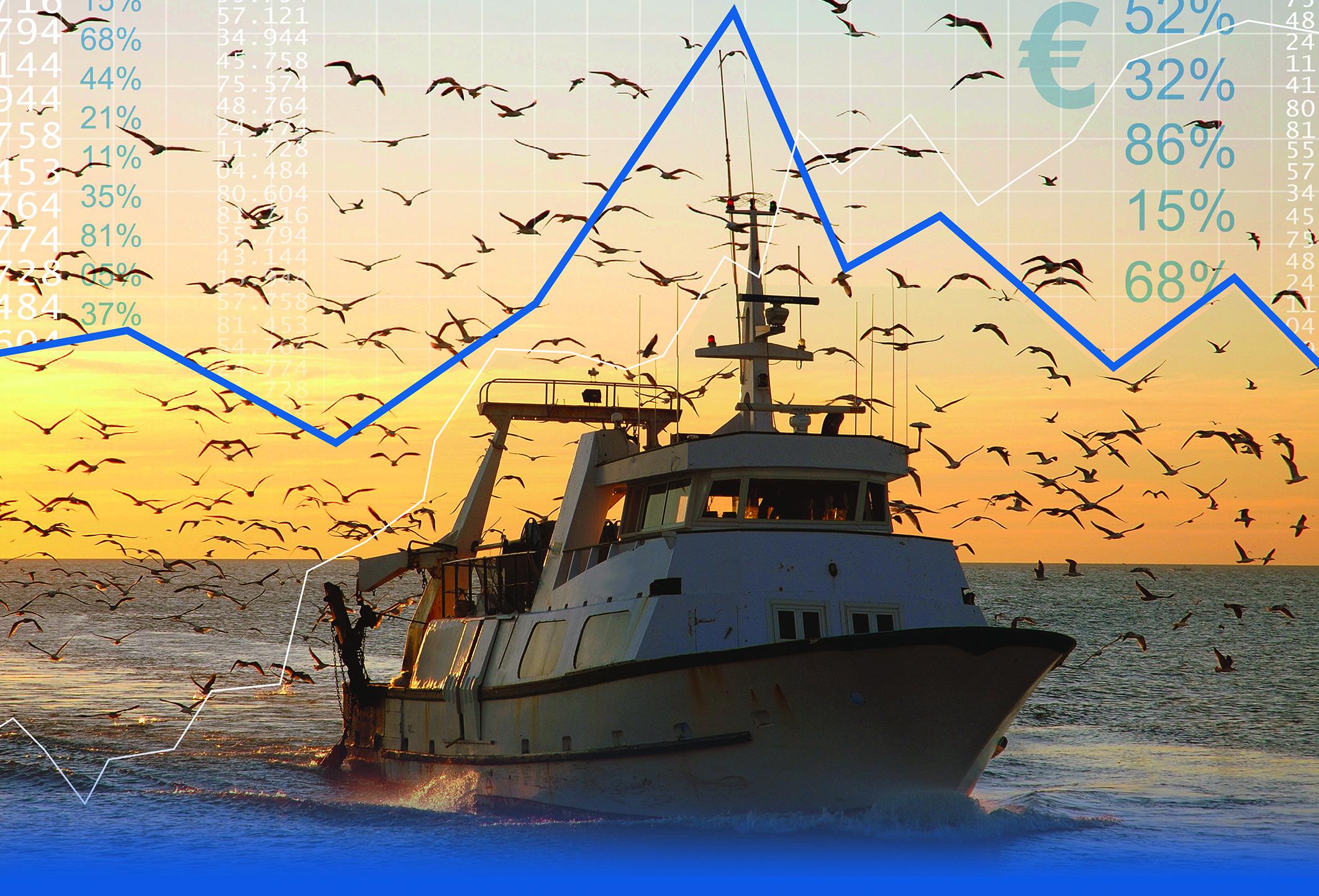News Digest n.10 / 2023
Could the world's fastest growing bivalve be the farmed seafood of the future?
Cambridge Enterprise is working with researchers at the University of Plymouth and the University of Cambridge to grow the fastest-growing bivalve, shipworms, into naked clams. These clams, which can grow up to 30cm long in six months, have higher levels of Vitamin B12 than most other bivalves and can be fortified with omega-3 polyunsaturated fatty acids. The research aims to provide a sustainable alternative to mussel and oyster farming.
EU-funded project aims to solidify wind farms as viable aquaculture sites
Denmark's Anholt Offshore Wind Farm, operated by Ørsted, is part of the EU-funded Ultfarms project, aiming to optimize food production under harsh offshore conditions. Researchers from the Technical University of Denmark are incorporating seaweed and mussels for carbon dioxide sequestration and marine habitat creation, demonstrating the potential for sustainable offshore wind projects.
Can aquaculture solve the Mediterranean’s overfishing problem?
Mediterranean countries are investing in aquaculture to combat overfishing, but concerns have been raised about the potential to worsen the burden on wild marine stocks. The General Fisheries Commission for the Mediterranean (GFCM) reports that 73% of commercial stocks are fished beyond biologically sustainable limits. However, European researchers, NGOs, and local communities have criticized the rapid growth of marine aquaculture, citing pollution and overfishing.
Commission proposes fishing opportunities for 2024 in the Atlantic, Kattegat and Skagerrak
The Commission published its proposal to set catch limits, or total allowable catches (TACs), for 18 fish stocks in the EU waters of the Atlantic Ocean, Kattegat and Skagerrak for 2024. This is the first time that the Commission is proposing to set nine TACs for two to three years, known as ‘multiannual TACs', instead of re-evaluating them annually, based on advice from the scientists of the International Council for the Exploration of the Sea (ICES).
Baltic Sea: Agreement reached on 2024 fishing opportunities
Following a Commission proposal made in August 2023, the Council of the European Union has agreed on fishing opportunities for 2024 in the Baltic Sea. The Baltic Sea faces biodiversity loss, climate change, eutrophication, overfishing, and high levels of contaminants. The European Commission, concerned about this situation, organized the "Our Baltic Conference" in Lithuania on 29 September to address these issues.
